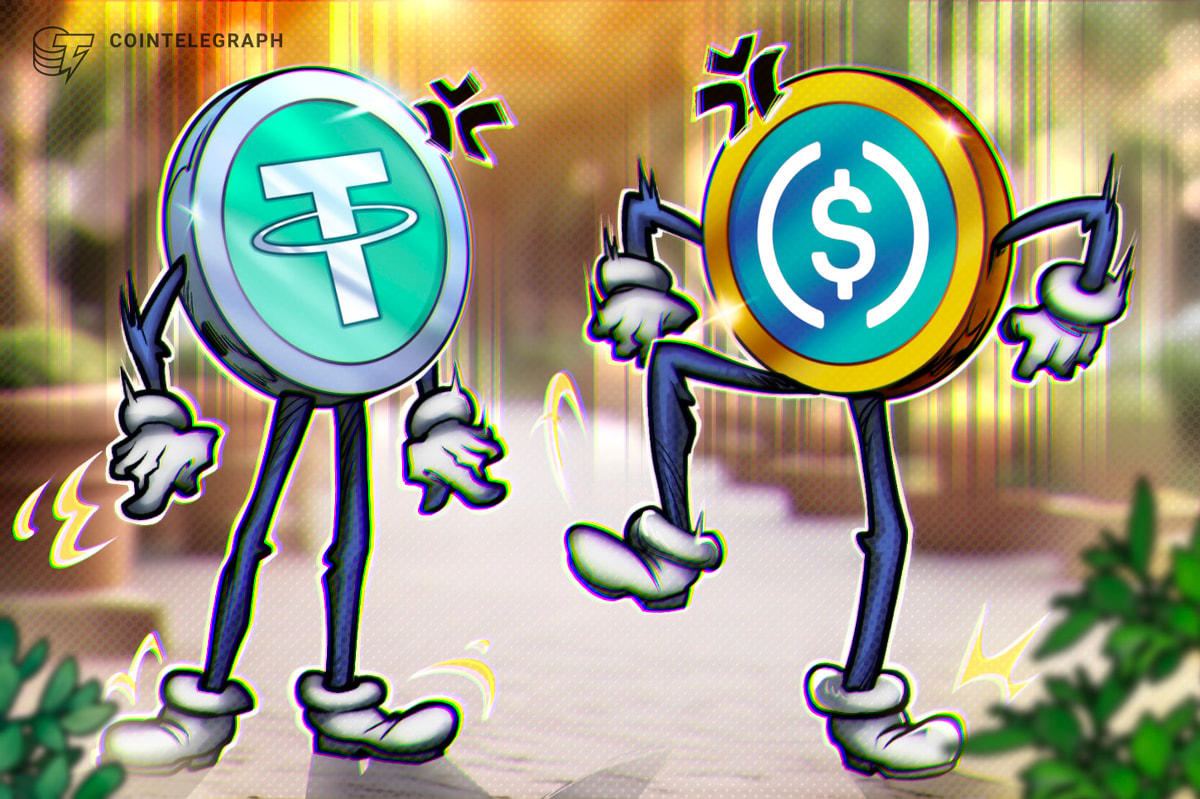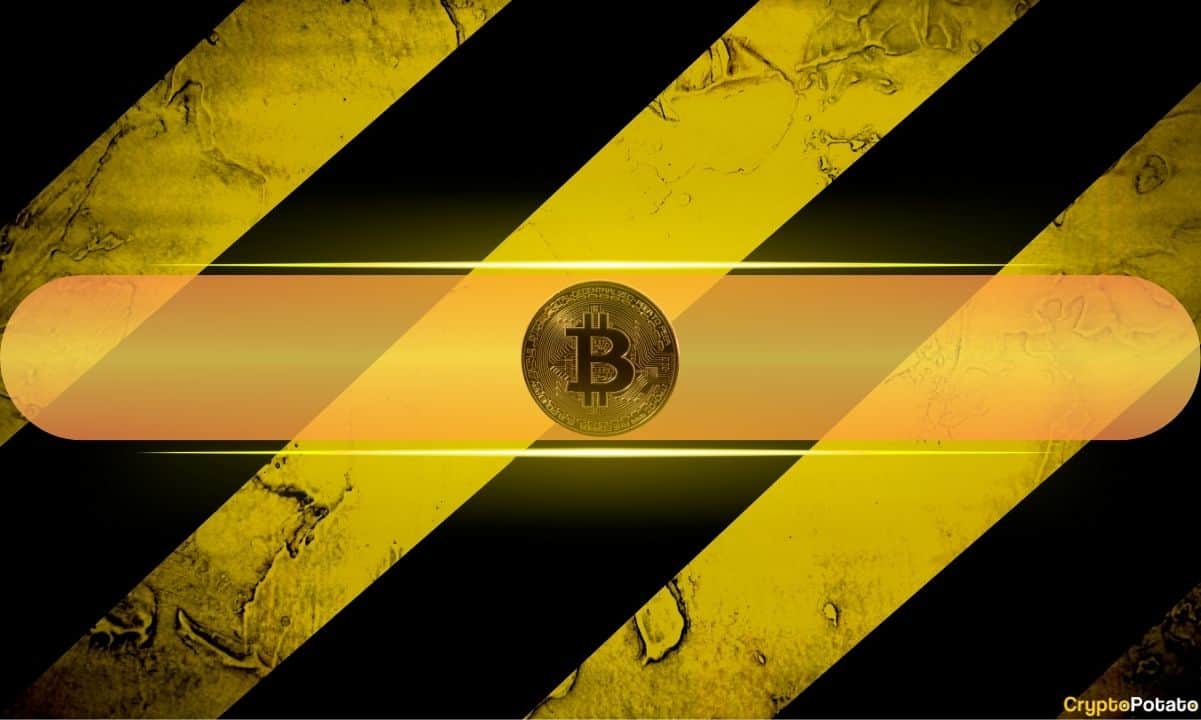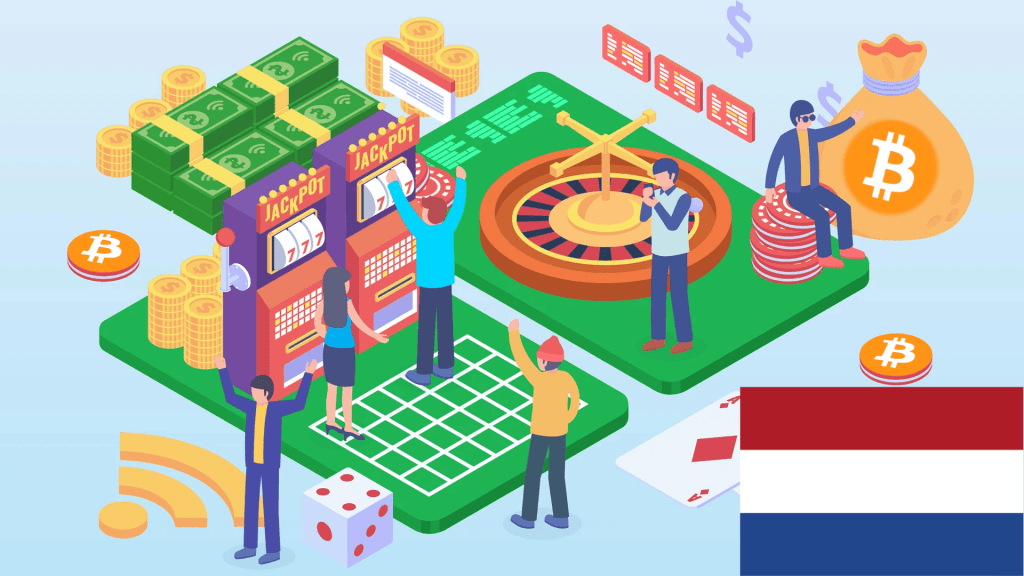Online dating is not new. But in 2025, it is changing fast thanks to Web3 technology. With the help of blockchain and NFTs (non-fungible tokens), new dating platforms are bringing fresh ideas to the world of romance. These tools make dating more secure, transparent, and fair for everyone.
At the center of this trend are NFT dating apps, where digital tokens represent verified user profiles. These apps are using blockchain identity verification to prove that users are who they say they are. At the same time, Web3 matchmaking features use smart contracts and on-chain data to improve compatibility between users.
Let’s explore how all this works and why it might shape the future of dating.
What Are NFT Dating Apps?
NFT dating apps are platforms that use NFTs to represent user profiles. Each profile is minted as a unique token on the blockchain. This token includes details like your interests, hobbies, relationship goals, and even personality traits.
But the real value lies in verification. Many fake profiles and bots exist on traditional apps. NFT-based dating platforms can verify users through wallet signatures, KYC checks, or Web3 reputation systems. This makes catfishing and fake accounts much harder to pull off.
These apps also allow users to own their identity. Instead of platforms controlling your data, you hold your dating profile in your own wallet.
Key Benefits of NFT Dating Apps
Here are some of the main advantages these new apps offer:
Feature | Benefit |
NFT Profiles | Verifiable and tamper-proof user identities |
Blockchain Identity Verification | Reduces fake users and bots |
Web3 Matchmaking | Smarter and more private matches |
Token Rewards | Users earn tokens for engagement or good behavior |
Data Control | Users own their information and decide who sees it |
These features address many problems seen in traditional dating apps. Scams, bots, ghosting, and poor matches may be less common in a system built on transparency.
How Blockchain Identity Verification Works
Blockchain identity verification is a process where your digital identity is tied to your crypto wallet or another on-chain credential. NFT dating apps can ask users to:
- Sign a message from their wallet to confirm ownership
- Connect verified social profiles (also stored on-chain)
- Complete KYC through third-party services linked to the blockchain
Once verified, a user receives an NFT badge that proves their identity. Others can check this proof directly on the blockchain, making the platform safer and more trustworthy.
Some systems go further by linking reputation scores to your NFT profile. These scores come from your behavior across Web3 platforms, like how active you are in DAOs, communities, or even previous dating apps.
Web3 Matchmaking: Smart and Private
One of the most exciting parts of these apps is Web3 matchmaking. Instead of using centralized algorithms that spy on your behavior, Web3 systems use smart contracts to match people based on their preferences, compatibility, and trust scores.
All this is done without storing your personal data on a central server. Your likes, dislikes, and values can be added to your NFT profile and matched securely through on-chain logic.
Some apps even use soulbound tokens (SBTs) to lock certain traits into your profile. These traits can’t be sold or transferred, helping to maintain honest profiles.
Examples of NFT Dating Use Cases
Here are a few ways this technology can work in real life:
- Verified Video Dates
Users can join a video date, but only after both have verified their identity on-chain. - Token-Based Gifting
Instead of swiping, users can send micro-rewards or digital gifts using platform tokens. - DAO Voting for Match Events
Communities vote on fun dating events, and token holders get access. - Reputation-Based Matching
Users with high trust scores are matched with others who behave respectfully online.
Challenges to Consider
Despite the promise, NFT dating apps also face some hurdles:
- Privacy concerns: Not everyone wants dating details on-chain
- Tech barriers: Crypto wallets and NFTs can be hard for beginners
- Market size: Still a niche compared to regular apps like Tinder or Bumble
Still, many Web3 developers believe these problems can be solved with better UX and privacy tools.
NFT dating apps, powered by blockchain identity verification and Web3 matchmaking, are bringing a new kind of trust and ownership to online dating. These platforms focus on real identity, smart privacy, and user control. While it’s still early, the idea of combining romance and blockchain is catching on quickly.
As more users look for honest, secure ways to connect, the role of blockchain in dating might only grow stronger. Whether for love, friendship, or something in between, these new tools offer a fresh and promising way to meet online.
Remember, investing in cryptocurrencies involves risks, and it’s important to conduct thorough research and seek professional advice before making any financial decisions. (Please keep in mind that this post is solely for informative purposes and should not be construed as financial or investment advice.)

















 English (US) ·
English (US) ·